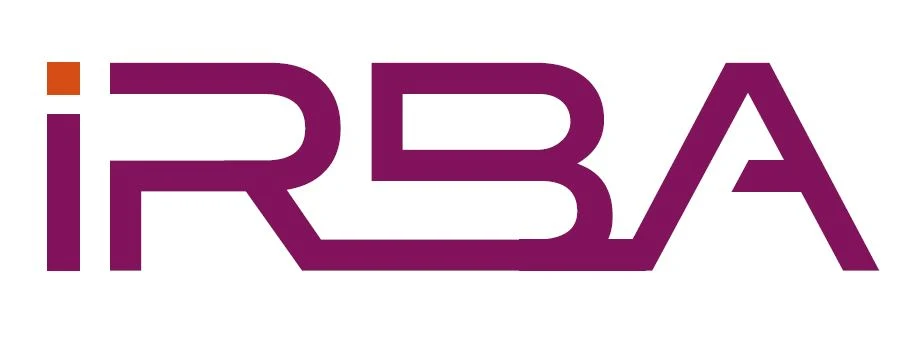Keywords: compliance, labour laws and employment equity, employment laws, compliance complexity, taxation and fiscal compliance, environmental regulations, consumer protection, market dynamics, environmental impact assessments, environmental regulations
Running a successful business in South Africa, like anywhere in the world, comes with its own challenges. It is believed that among these challenges, compliance-related issues take center stage. South African businesses operate in a dynamic environment marked by regulatory complexities, shifting market dynamics, and the need for adherence to various laws, rules and standards.
South African’s regulatory environment can be characterized as complex and ever-evolving. For businesses, this creates uncertainty and could mean an ongoing commitment to staying in informed and adapting to changing laws and regulations. Additionally, with a diverse landscape and multiple levels of government, understanding which laws, rules and regulations applicable to each specific company’s business operations can be daunting. Moreover, frequently updates and amendments to existing laws and policies can make compliance a moving target.
It is crucial for companies to understand and comply with these legislations. If they don’t comply with the relevant laws and regulations, they have certain reporting obligations in terms of NOCLAR (Non-Compliance with Laws and Regulations) – this could include reporting to management, qualifying your audit opinion, reporting a Reportable Irregularity, etc. – depending on their role as auditor, independent reviewer, or accountant. As employer, companies need to comply with Labour Legislation in their workplace.
An employer and entity (company or close corporation) has a statutory duty to comply with Labour Legislation – which includes the Occupational Health and Safety Act, Unemployment Insurance Act, Compensation Fund Act, Basic Conditions of Employment Act (BCEA), Labour Relations Act, otherwise they could be held liable.
Why understanding the compliance complexity is crucial?
Labor Laws and Employment Equity. South Africa has a comprehensive set of labour laws designed to protect worker’s rights and promote employment equity. While these laws are essential for the protection of employee welfare, they can be a source of compliance challenges for businesses, particularly multinational corporations, small and medium enterprises (SMEs).
Taxation and Fiscal Compliance. Taxation in South Africa is multifaceted, with various taxes and levies imposed at different levels of government. Managing and complying with these tax obligations can be a significant challenge for businesses. Navigating the tax landscape requires businesses to have a thorough understanding of tax laws, filing deadlines, and applicable rates.
Environmental Regulations. Environmental compliance is an increasingly significant issue for South African businesses. With a growing awareness of environmental concerns, there is an emphasis on sustainable and eco-friendly business practices. Regulatory requirements related to environmental impact assessments, waste management, and emissions standards can be intricate and demanding.
Market dynamics and consumer protection. The South Africa market is dynamic, and businesses must adapt to evolving consumer preferences and behaviors. In addition, the Consumer Protection Act plays a crucial role in protecting consumer rights. It enforces rules regarding product quality, pricing transparency, and fair business practices. Adherence to consumer protection policies can be challenging for businesses, especially those that rely on aggressive marketing strategies. Compliance with these policies not only requires transparency but also demands customer-centric practices. Businesses that fail to prioritize consumer protection risk legal disputes, reputational damage, and financial penalties.
It is very crucial for businesses to stay informed and seek professional advice.
It is important for companies to stay ahead of the trends in labour and employment laws and have expert support to navigate this ever-evolving landscape and be empowered to operate their businesses and be fully complaint with all applicable legislations and regulations.
For more information, talk to our senior experts on these issues and benefit from their actionable insights and strategies.
Dr Pete Mhlanga
Managing Director, MCTG Consulting
PhD Law,
Harvard Professional & Executive Development
LLM (Public International Law)
LLB (Company Law, Tax Law, and Employment Law)


